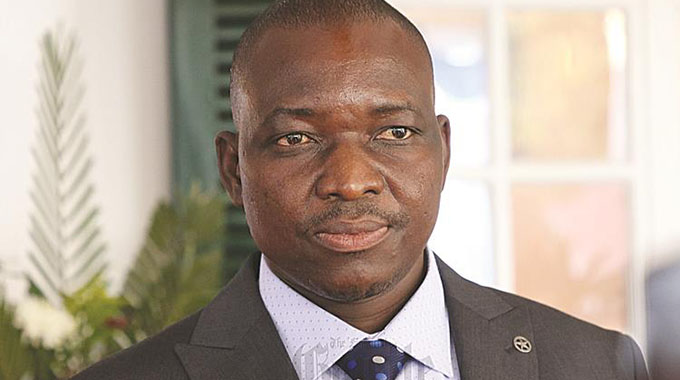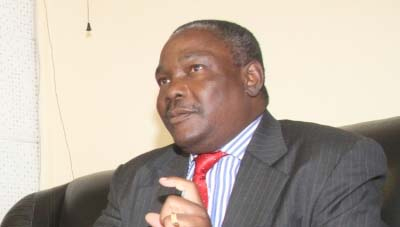Work on power units continues

Ivan Zhakata-Herald Correspondent
Work continues at Hwange Thermal Power Station to bring up Zimbabwe’s generating capacity with progress on the two new units, seven and eight, that will add 600MW still on course and work being done on the six existing units to ensure they can deliver their designed 920MW, rather than the half output.
Zimbabwe has seen some load shedding after a decrease in imports from South Africa, which is facing its own rising demand and the need to catch up on maintenance, so cannot offer as much as Zimbabwe wants to buy.
Minister of Energy and Power Development Zhemu Soda said the Government was making efforts to add the new units and revive older units at Hwange.
“Government has taken steps to increase power at Hwange Thermal Power Station. Units 7 and 8 are expected to add 600 megawatts to the national grid when completed. We are also rehabilitating Units 1 to 6 to restore their total capacity to 920 megawatts because currently the station is operating at half capacity,” he said.
While Kariba South is rated at 1 050 megawatts, it can only maintain such a high output for limited periods each day since water is still rationed for the power station, and a larger base-load from Hwange is needed to underpin the Kariba flexibility to have continuous supplies in all areas.
Minister Soda said power cuts will continue as most are caused by new connections from people who would be installing electricity at their properties.
There are planned and unplanned power outages. Planned outages will continue to “happen whenever there are new connections. This is done when attending to faults affecting certain houses. The engineers have to isolate the whole suburb so that it does not affect the people.
“Unplanned power outages are caused by system disturbances because of loss of connectivity, for example by Eskom in South Africa. The connectivity will be restored and the outage that happened on Monday has already been restored.”
He also said people tend to use more power in winter causing demand to exceed power supply resulting in power cuts
“In winter we know that demand exceeds supply, such that those supplying us like South Africa, will also be overwhelmed such that they will not be able to supply us. So we have to rely on our internal power supply. The plans are not done overnight and the Government has taken steps to increase power supply,” he said.










Comments